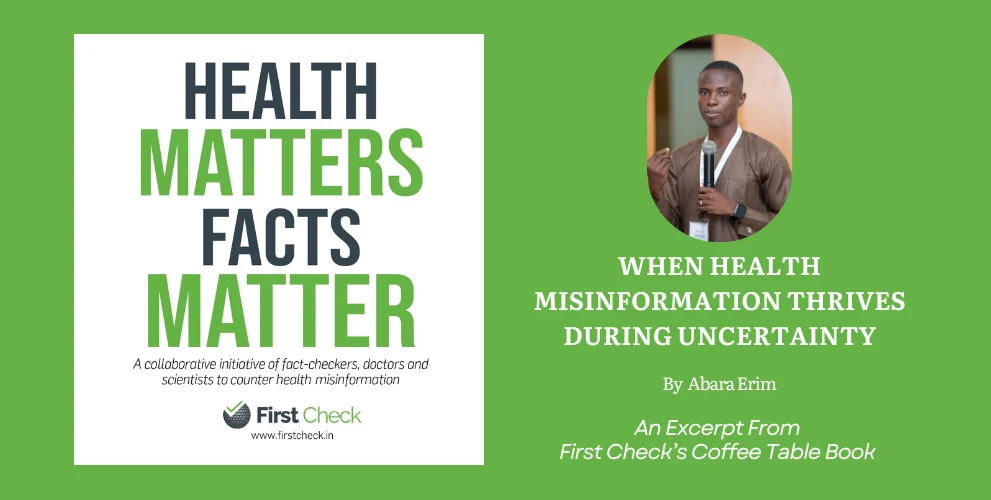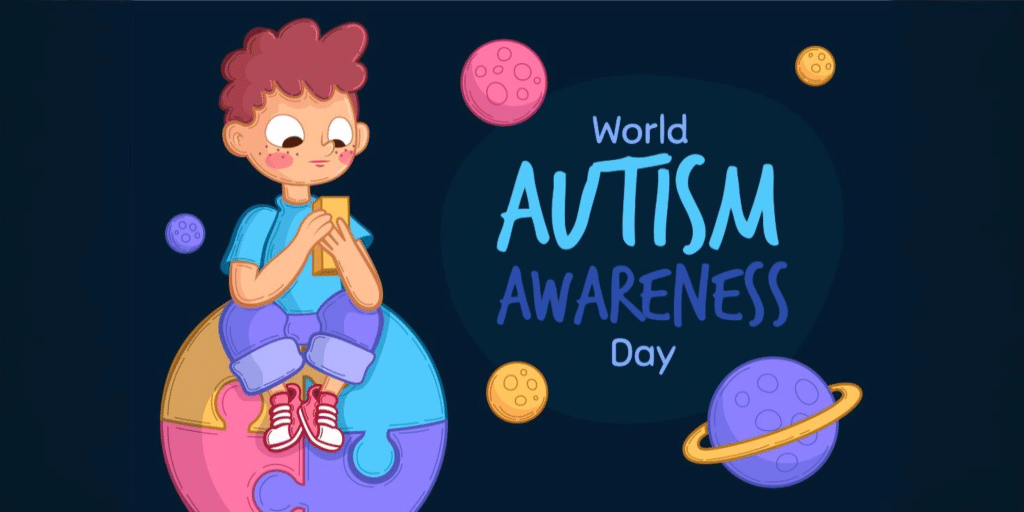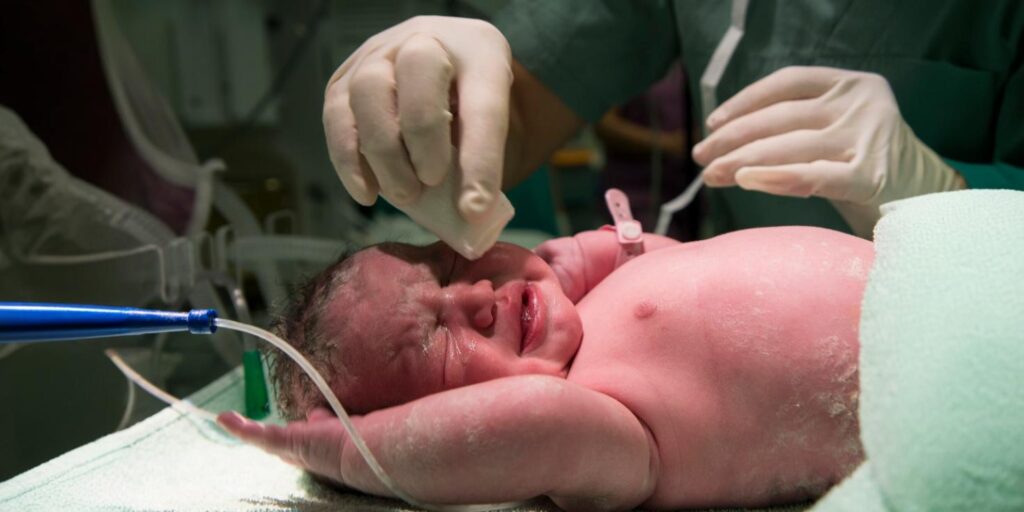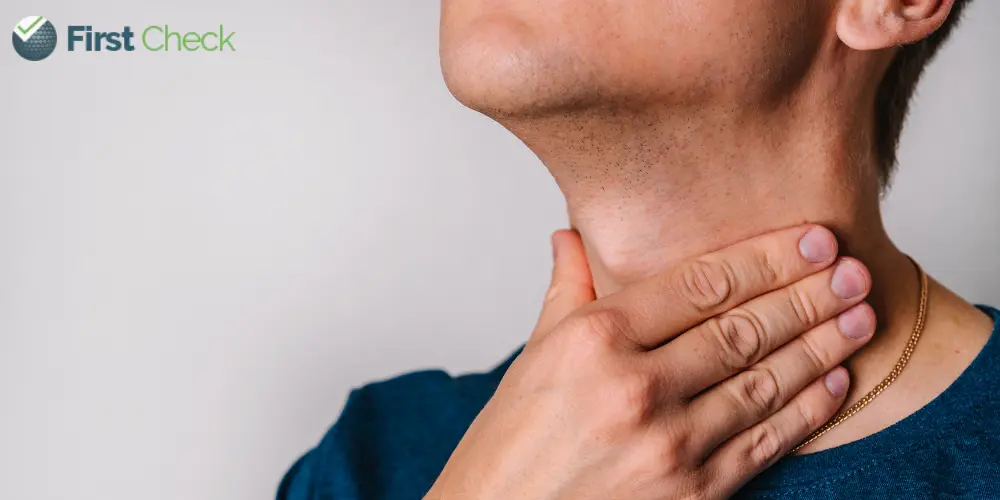Latest
When health misinformation thrives during uncertainty – An excerpt from First Check’s Coffee Table Book
Author
Author
- admin / 10 months

- 0
- 3 min read

By building a culture of critical thinking and evidence-based discourse, we can mitigate the harmful effects of misinformation and promote informed decision-making.
In 2020, when the COVID-19 pandemic hit the world, Nigeria Health Watch collaborated with the Nigeria Centre for Disease Control and Prevention (NCDC) to embark on a crucial mission to tackle the rampant spread of rumours and misconceptions surrounding the virus. The onslaught of misinformation about the virus, its existence, and even its non-existence posed significant challenges, calling for a proactive and adaptive approach.
As misinformation continued to evolve, so did our strategies. What began as a response to rumours, gradually transformed into a dynamic process of active listening and remote management. Misinformation, akin to a resilient virus, adapts and spreads rapidly. When it reaches a new environment, like Nigeria, it gains strength, posing a greater challenge. Therefore, it’s critical to address health misinformation wherever it arises, globally.
Misinformation takes various forms and thrives in times of confusion and uncertainty. To effectively combat its spread, we realised the importance of understanding its origins and motivations. Over the last four years, we have developed a better understanding of the psychology behind misinformation propagation.
Health misinformation knows no boundaries. Just as diseases spread globally, misinformation can quickly disseminate across borders, amplifying its impact. In today’s interconnected world, combatting misinformation requires collective vigilance and proactive engagement.
By building a culture of critical thinking and evidence-based discourse, we can mitigate the harmful effects of misinformation and promote informed decision-making. As epidemic managers and factcheckers, it’s essential for us to unite in our efforts.
We must also collaborate with those who excel in navigating the social media scene. Just like anti-vaxxers who skilfully manipulate online platforms to spread propaganda, we need to mobilise influencers and experts to disseminate accurate information effectively.
In addition to collaboration, investing in research and surveillance is crucial. By gathering and analysing data on misinformation trends, we can refine our strategies and ensure that our interventions are evidence-based and effective.
It’s crucial not only to debunk false claims, but also to provide accurate information proactively. By offering credible information, we equip people to discern truth from falsehood and make informed health decisions. While the challenge persists, we’re committed to finding innovative ways to combat misinformation, much like fighting viruses and bacteria by developing resistance
Abara Erim is the Program Coordinator – Health Misinformation Management, Nigeria Health Watch, and a member of First Check team of experts.










